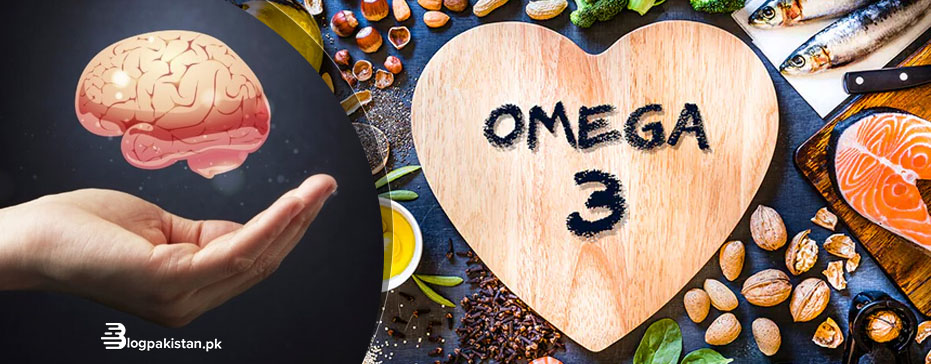Omega-3 fatty acids are essential for the proper functioning of the human body. One crucial omega-3 fatty acid, docosahexaenoic acid (DHA), accounts for about 10–20% of the total fat content in the brain.
A deficiency in omega-3 has been linked to various health issues, including lower IQ, depression, mental disorders, heart disease, and more.
DHA is the brain’s most significant omega-3 fatty acid, comprising over 90% of omega-3s in the brain.
It is enriched in vital membrane structures within the brain, influencing various cellular and physiological processes.
These processes include membrane fluidity, neurotransmitter release, receptor function, gene expression, signal transduction, myelination, neuroinflammation, and neuronal growth.
There are three primary types of omega-3 fats: alpha-linolenic acid (ALA), eicosapentaenoic acid (EPA), and docosahexaenoic acid (DHA).
While ALA comes mainly from plant oils, the best sources of EPA and DHA are fatty fish, fish oils, and certain algal oils.
It’s worth noting that the conversion process of ALA into DHA or EPA in the human body is inefficient.
Therefore, it’s advisable to consume foods rich in DHA and EPA, such as fatty fish, grass-fed meat, and omega-3-enriched eggs.
Omega-3 and Brain Health
The human brain relies significantly on maintaining an optimal lipid composition for proper functioning.
Over 50% of the brain’s dry weight comprises lipids, with omega-3 fatty acids playing a vital role in brain health. DHA, in particular, is crucial for brain development and function.
DHA, an omega-3 fatty acid primarily found in cold-water fatty fish like salmon, is essential for brain health.
It is also present in fish oil supplements and certain vegetarian sources like seaweed. DHA is critical for brain development, especially in infants during the first six months of life when their brains, eyes, and nervous systems are rapidly developing.
Omega-3 and Cognitive Function
Omega-3 fatty acids, including DHA and EPA, are beneficial for cognitive function. Research has shown that DHA supplementation during pregnancy and lactation contributes to infant neurodevelopment.
Moreover, studies indicate that DHA levels in the blood are associated with improvements in cognitive and visual tests, particularly in children.
In adults, maintaining optimal DHA levels is essential for cognitive health throughout life. Longitudinal studies have linked fish intake or serum DHA concentrations to cognitive impairment prevention.
Also, supplementation with DHA has shown memory and reaction time improvements in young adults with initially low DHA diets.
Transporting Omega-3 to the Brain
To exert their benefits on the brain, omega-3 fatty acids must cross the blood-brain barrier, a selective membrane that separates the bloodstream from the brain.
Transporting DHA across this barrier is a complex process. Research has identified Mfsd2a, a specialized transporter protein, as the primary mechanism for DHA transport.
Mfsd2a is selective toward long-chain unsaturated fatty acids, including DHA.
New Insights into Omega-3 Transport
Recent research has provided a better understanding of how Mfsd2a transports DHA into the brain. Using advanced techniques like cryo-electron microscopy, scientists have unveiled a step-by-step mechanism for lipid transport and flipping by Mfsd2a.
Unlike previous models, the new findings reveal three distinct compartments, each with a separate hydrophobic pocket and a charged cavity, enabling a controlled rotation of charged fatty acids.
This improved understanding of omega-3 transport across the blood-brain barrier could have significant implications for neurological conditions and potential treatments.
Researchers may use this knowledge to design nutraceuticals and drugs that can reach the brain directly, potentially reducing neurodegenerative conditions.















